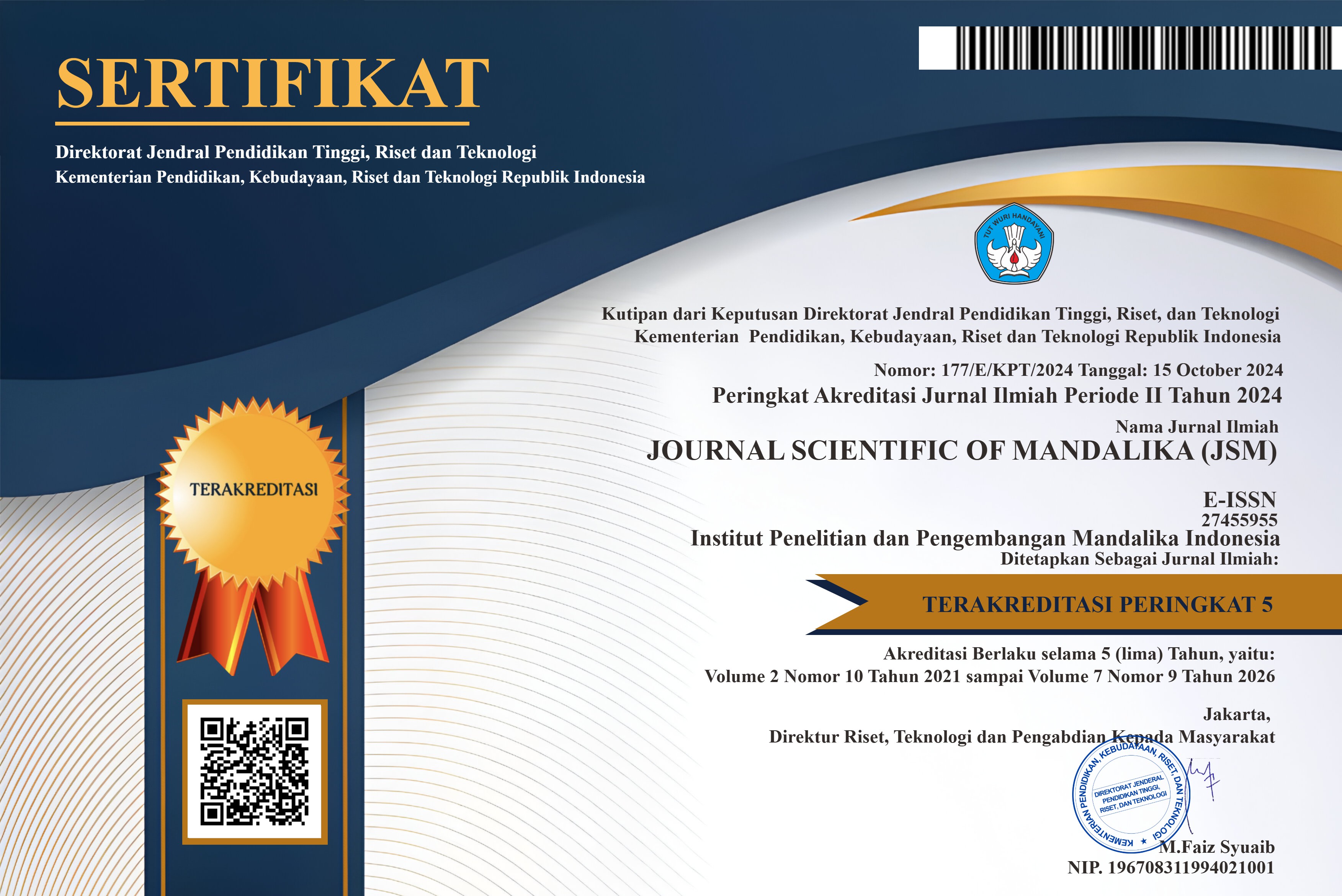Pengelolaan Lahan Rawa untuk Pertanian Berkelanjutan di Tengah Tantangan Perubahan Iklim Global
Abstract
Swamplands have an important role as carbon sinks, regulators of the water cycle, and unique ecosystem habitats, but their existence is increasingly threatened by climate change and human activities. This study aims to explore sustainable swampland management strategies to support agriculture in the midst of global climate change challenges. The method used is a literature study, which involves the analysis of a variety of secondary sources, including scientific journals, reports of international organizations, and policy documents. The results show that swamplands can support sustainable agriculture through the application of technologies such as precision irrigation and agroecological management, which are able to increase productivity while maintaining their ecological functions. In addition, land zoning policies and multi-stakeholder collaboration are key to the success of swampland management in various contexts. However, challenges such as land degradation, seawater intrusion, and weak regulations remain major obstacles. This research emphasizes the need for a holistic data-driven approach to face the challenges of climate change and support the sustainability of swamplands in the future.
Copyright (c) 2025 Murjani Murjani

This work is licensed under a Creative Commons Attribution-ShareAlike 4.0 International License.













